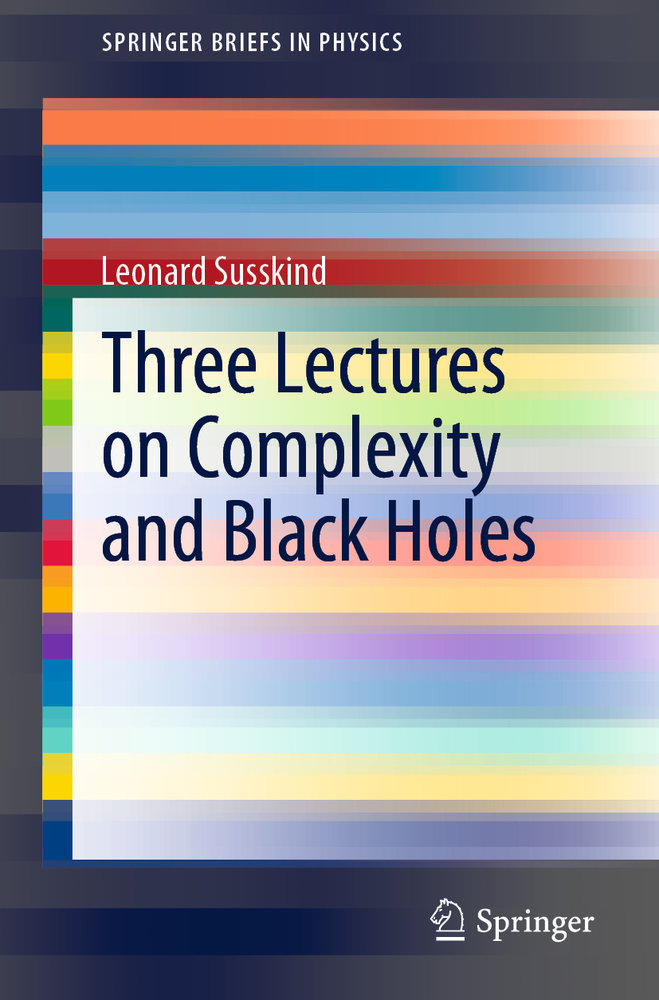These three lectures cover a certain aspect of complexity and black holes, namely the relation to the second law of thermodynamics. The first lecture describes the meaning of quantum complexity, the analogy between entropy and complexity, and the second law of complexity. Lecture two reviews the connection between the second law of complexity and the interior of black holes. Prof. L. Susskind discusses how firewalls are related to periods of non-increasing complexity which typically only occur after an exponentially long time. The final lecture is about the thermodynamics of complexity, and uncomplexity as a resource for doing computational work. The author explains the remarkable power of one clean qubit, in both computational terms and in space-time terms.
This book is intended for graduate students and researchers who want to take the first steps towards the mysteries of black holes and their complexity.


